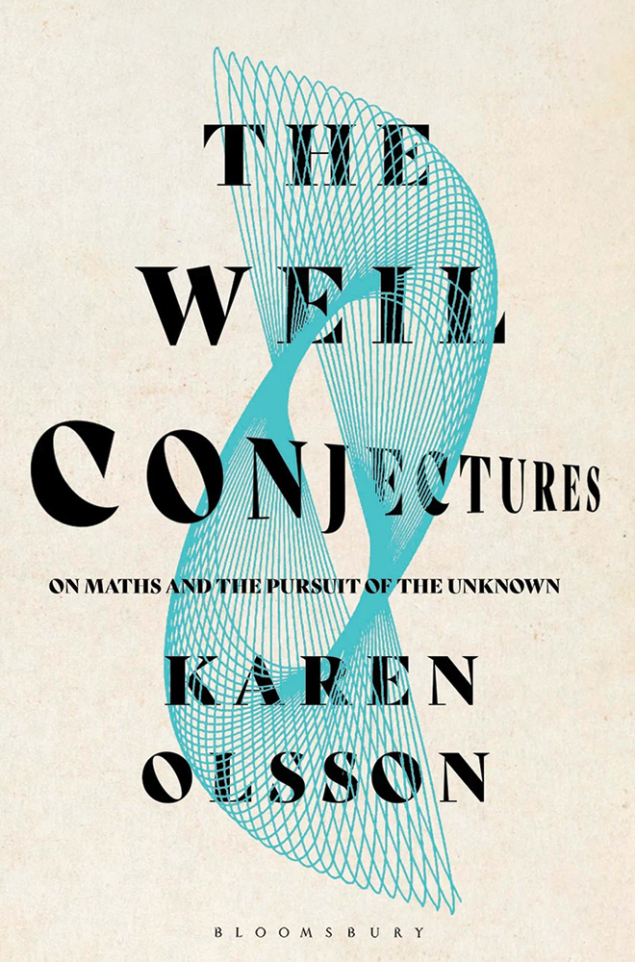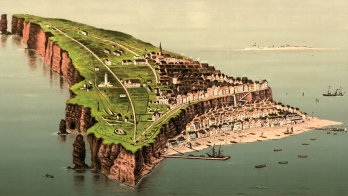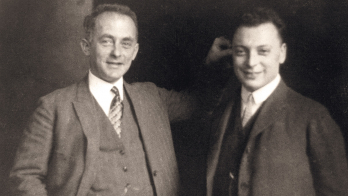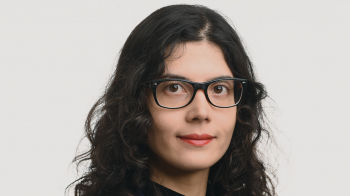The Weil Conjectures, by Karen Olsson, Bloomsbury

“I am less interested in mathematics than in mathematicians,” wrote Simone Weil to her brother André, a world-class mathematician who was imprisoned in Rouen at the time. The same might be said about US novelist and onetime mathematics student Karen Olsson. Despite the title, her new book, The Weil Conjectures, stars the extraordinary siblings at the expense of André’s mathematical creation.
First conceived by André in prison, and finally proven three decades later by Pierre Deligne in 1974, the Weil conjectures are foundational pillars of algebraic geometry. Linking the continuous and the discrete, and the realms of topology and number theory, they are pertinent to efforts to unite gravity with the quantum theories of the other forces. Frustratingly, though, mathematical hobbyists hoping for insights into the conjectures will be disappointed by this book, which instead zeroes in on the people in orbit around the maths.
Olsson is particularly fascinated by Simone Weil. An iconoclastic public intellectual in France, and possessed by an intensely authentic humanity that the author presents as quite alien to André, Simone was nevertheless envious of her brother’s mathematical insight, writing that she “preferred to die than to live without that truth”. Olsson is clearly empathetic, and so, one would suspect, will be most readers in a profession where intellect is all. Whether one is a grad student or a foremost expert in the field, there is always someone smarter, whose insights seem inaccessible.
Physicists may also detect echoes of the current existential crisis in theoretical physics (see Redeeming the role of mathematics) in Simone’s thinking. While she feels that “unless one has exercised one’s mind at the gymnastics of mathematics, one is incapable of precise thought, which amounts to saying that one is good for nothing,” she criticises “the absolute dominion that is exercised over science by the most abstract forms of mathematics.”
Peppered with anecdotes about other mathematicians – Girolamo Cardano is described as a “total dick” – and more a succession of scenes than a biography, the book is as much about Olsson herself as the Weils. The prose zig-zags between vignettes from the author’s own life and the Weils without warning, leaving the reader to search for connections. Facts are unsourced, and readers are left to guess what is historical and what is the author’s impressionistic character portrait. Charming and quirky, the text transforms dusty perceptions of the meetings of the secret Bourbaki society of French mathematicians into scenes of lakeside debauchery and translucent camisoles that are almost reminiscent of Pride and Prejudice. Olsson even takes us into Simone’s dreams, with the conjectures only cropping up at the end of the book. If you limit your reading to the maths and the Weils, the resulting slim volume is a page turner.








